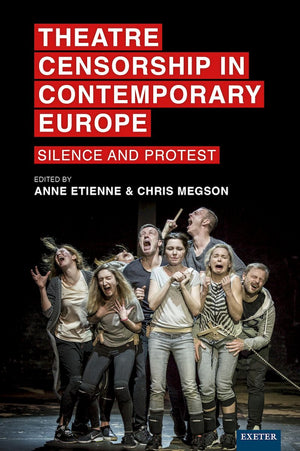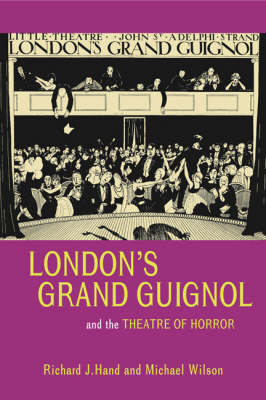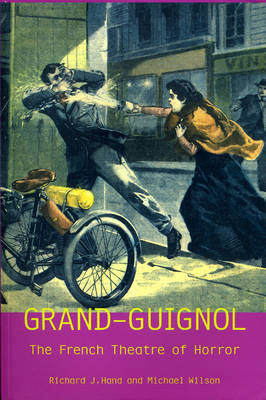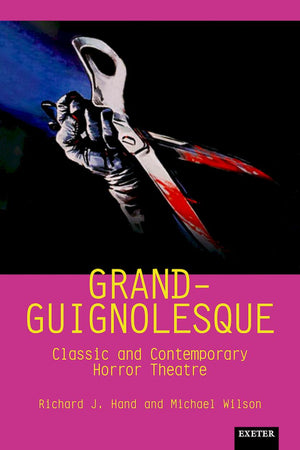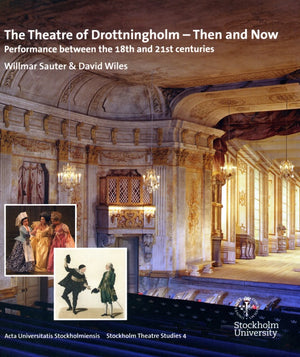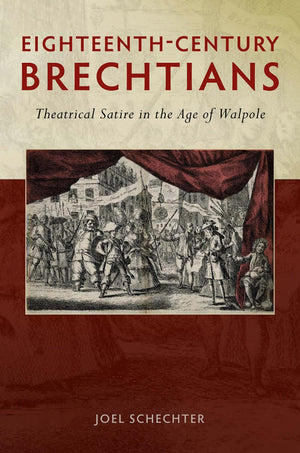University of Exeter Press
Theatre and Politics in Post-Conflict Northern Ireland
Applied Theatre, Social Change, and Political Advocacy
Couldn't load pickup availability
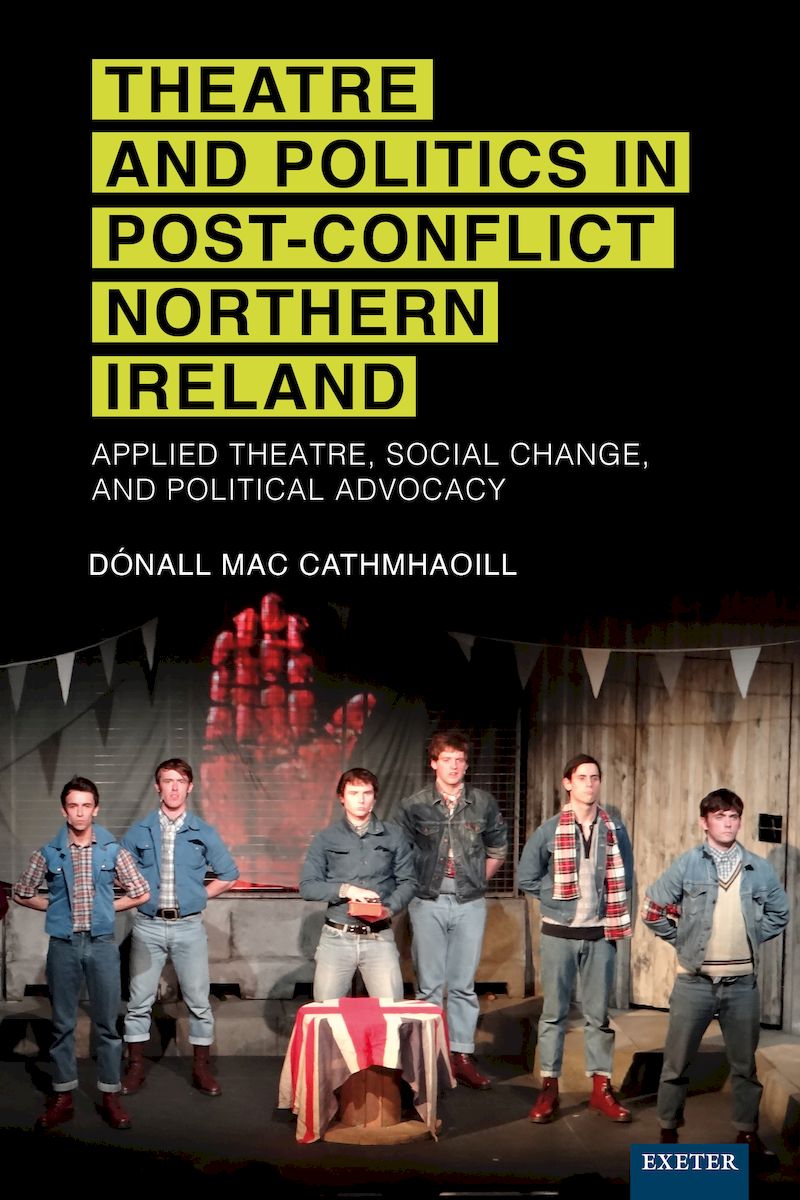
- 214 Pages
Theatre has played an important role in post-conflict northern Ireland, where it has been used by artists, communities, and organisations as a tool for political advocacy.
This book provides an up-to-date assessment of the state of theatre in northern Ireland since the end of the conflict, across a period of complete transformation, from entrenched civil conflict to relative peace and prosperity. With a focus on applied theatre and works that use theatre as advocacy, the book investigates the ways the main communities in the region have used theatre to promote their agendas, combat prejudice, and deal with legacy issues of the conflict. It also explores the emergence of new theatres that reflect social and demographic changes in the post-conflict period, including theatre with migrants and minorities, LGBTQ and Irish language theatre. In doing so, it examines the crucial role that theatre (and by extension, arts) can play in processes of reconciliation.
The book will prove valuable to students and academics in the fields of applied theatre, conflict studies, and arts for reconciliation. It will appeal also to the general reader with an interest in northern Irish politics and culture.
Theatre and Politics in Post-Conflict Northern Ireland is a comprehensive survey and in-depth analysis of political theatre in Northern Ireland since the Good Friday Agreement in 1998, embedded within an accessible and carefully nuanced account of the region’s wider political history. It breaks new ground in its detailed analysis of theatre work relating to LGBTQI+ issues and the experience of racial minorities in Northern Ireland. Mac Cathmhaoill has the enviable knack of unpacking a series of major controversies with balance and concision, deftly contextualising them with an array of fresh insights. His book provides an important update to existing scholarship in this field.
David Grant, Theatre director and Senior Lecturer in Drama, Queen's University, Belfast
Dónall Mac Cathmhaoill’s book offers a brilliantly comprehensive account of the use of theatre to explore the new social, cultural and political landscape of post-conflict Northern Ireland. Truly impressive in its scope and insight, this book is an essential read for anyone with an interest in the role of theatre in post-conflict situations.
Dr Alison Jeffers, Senior Lecturer in Applied Theatre and Contemporary Performance, University of Manchester
Theatre and Politics in Post-Conflict Northern Ireland is a very timely publication, in fact it’s unique. No one, as far as I’m aware, has written such a comprehensive account of the community theatre movement in Northern Ireland. Importantly, recognising that community theatre is not a homogenous beast, this book explores the various strands that make up community theatre in this part of the world. It's also gratifying to see the history laid out in book form, cataloguing the extent of Community Theatre in Northern Ireland.
Martin Lynch, playwright and theatre director
Dónall Mac Cathmhaoill explores Northern Irish theatre as a politically engaged art form in a post-conflict society. In this rigorous yet accessible study he explores theatres of resistance and of unity; and the theatre’s response to rapid shifts in population as Northern Ireland becomes a site of immigration, and new communities make it their home. This invaluable study is enriched by the author’s professional background as an award-winning playwright and director with extensive experience in community and applied arts, and is a significant contribution to Irish theatre studies.
Dr Lisa Fitzpatrick. Senior Lecturer in Drama, Ulster University
Acknowledgements
Abbreviations
Introduction
Prologue
Notes on terminologies
A brief history of northern Irish theatre
A note on sources
Part I: Post-Conflict Theatre – Winning the Peace
1. A society in sea change
2. Theatre of resistance: nationalist and republican communities
3. A movement for unity: theatre for social change
4. ‘Making our voices heard’: advocacy theatre in the PUL community
5. Mediating the legacy: testimonial theatre and the documentary
Part II: New Communities: New Identities
6. The changing faces of northern Ireland: migration and ethnicity
7. Queering northern Irish theatre: performance and LGBTQ+ rights
8. ‘Actors for any play’: the emergence of Irish language theatre
Conclusion
Bibliography
Index









